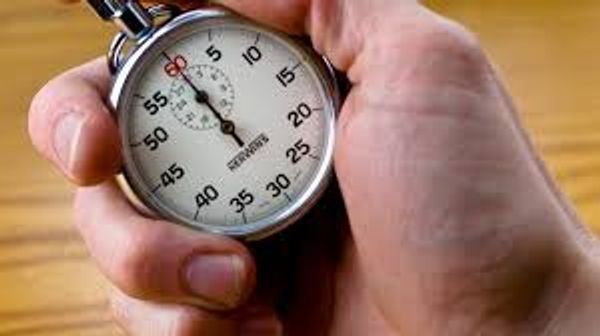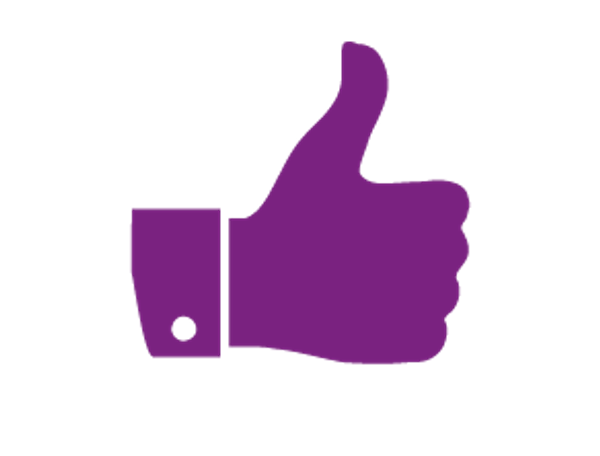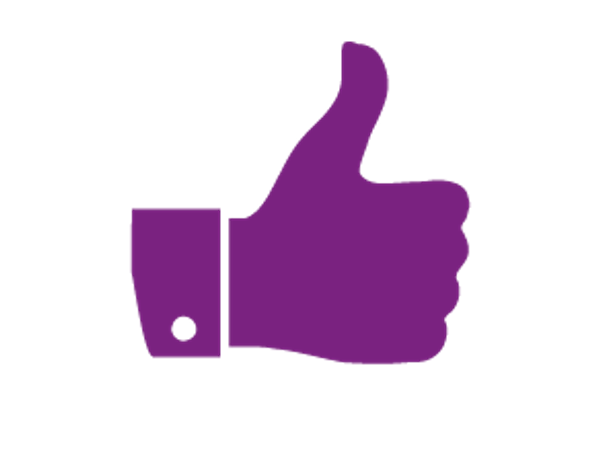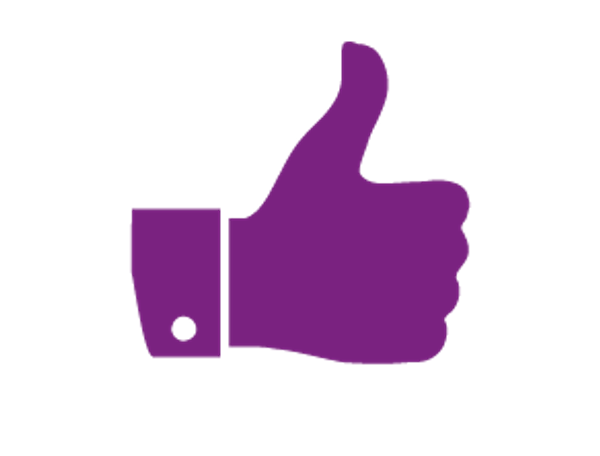HOW TO LEARN A LANGUAGE IN GENERAL (AND FRENCH IN PARTICULAR) IN LESS THAN 20 MINUTES A DAY
15 to 20 minutes a day... in the subway, at noon with a sandwich or before going to bed...
15 to 20 minutes a day... That's all it takes to improve your French language skills!
No need to cling to all kinds of learning manuals to reach a good level! Regularity and balance are enough: studying about 20 minutes a day is enough to improve your level.
So, how can you improve your level in such a short time ?

SAY 'NO' TO BINGE LEARNING !
Learning languages must always respect a basic principle: limit the number of concepts to assimilate.

If you swallow too much information at once, you will not be able to absorb all of it. This is called information overload, or cognitive overload.
The brain is an ace at deciding what information in our daily lives is important and what is background noise. This background information is tossed out, and never makes it into our long-term memory. It’s great for guiding our day-to-day lives... but not very practical when you want to learn a language!

Many experts question the famous principle of cramming or binge-learning:
You know, when you have a big exam coming up, you sit down at your desk and you start memorizing everything you've been studying for months. But be honest: how much of that knowledge will you remember a week later? Probably not that much!
Rather than trying to learn everything at once, it is better to divide the learning into smaller lessons to be repeated frequently. This is the most effective method. For information to become a part of your long-term memory, you need to create connections and repeat them.

Repetition is really the most important thing in learning a language !
WHY 15 TO 20 MINUTES ?
Because it is time that corresponds to the principle of splitting information.

This is called 'chunking' in psychology: divide something into groups of elements to promote processing and fast memorization.
The distribution of the learning time that I recommend ?
Start with some repeating exercises: For exemple, you can spend 5 minutes reviewing your flashcards.
Then, work on the homework given by your teacher, listen to a podcast, read an article or play on your favourite language app for 15 minutes.

Now, you have your 20 minutes !
Sounds quite easy, right ?
SOME TIPS AND TRICKS TO LEARN ANY LANGUAGE ?
1. NO MORE EXCUSES
No more excuses. It's all in the head. The main challenge of language learning is the mind. There is really no reason why you can not learn a new language.

And if you think you are too old to start learning a language, remember this: according to a study from Haifa University, adults can be better learners than children. No matter what setback you may think you have, there is a way to get around it.
2. OPTIMIZE YOUR TIME
Now that you have the right mindset, take a little time to determine what times of day you are more available, and where you are busy. Then choose the lessons according to your schedule.

Many of my students, for example, use their flashcards on public transport in the morning on their way to work. It's a great time to turn a boring and repetitive journey into a useful and rewarding moment!
3. KNOW YOURSELF
Feel free to adapt your learning to your profile. There are two profiles of language students: those who like to stick to a routine and those who are more spontaneous.

Those who enjoy a routine can build their own program - for example by alternating vocabulary reviews and listening to French videos or podcasts. - and stick to it.
And then there are those who do not like the routine rhythms. It's not a problem at all, they just do not do the same kind of exercises every day, and neither do they at the same time.

My advice: to dedicate certain days to the repetition of vocabulary (it's always useful!) And other days to new lessons, in the ratio that you prefer.
4. TRUST YOURSELF AND DARE !
Traditionally, languages are learned in the long run and people do not think about speaking them until they are ‘ready’. The problem is that the "ready-day" can be postponed indefinitely. There will always be more to learn.

My advice: Book a day a week to put the language into practice:
If there is a French restaurant near you, why not say hello to them - Bonjour! - or try to order in French? This is only one track, of course: the Internet can provide you with a whole bunch of ways to read French, listen to a podcast or find an online community with which you can exchange in that language.
Practicing the language is the best way to really put the information in your long-term memory. And if you have the opportunity to practice the language in real life, it's even better! In fact, that's the main goal, isn't it ?
5. SLOWLY BUT SURELY
You may be worried about perfect conjugation, word order, preposition use, and so on. But I assure you that even if you "butcher" the language - and say the equivalent of 'Your name what?' Or 'Me, 32 years old' - you will always be perfectly understood.
In the end, your goal should not be to speak a language perfectly as a beginner. A language exists as a means of communication, just use it.

My last advice for the road: The most important thing is to do a little bit every day. Even if it is only 10 minutes instead of the 20 recommended, it allows your brain to assimilate over time.
If in 20 minutes a day you can perfect your learning of a language, the key to your progress lies in daily practice. With such regularity, no doubt, you will speak a new language in no time!
Good luck and remember...

A bientôt,
Anissa, Your French (and nice!) teacher
October 9, 2018





